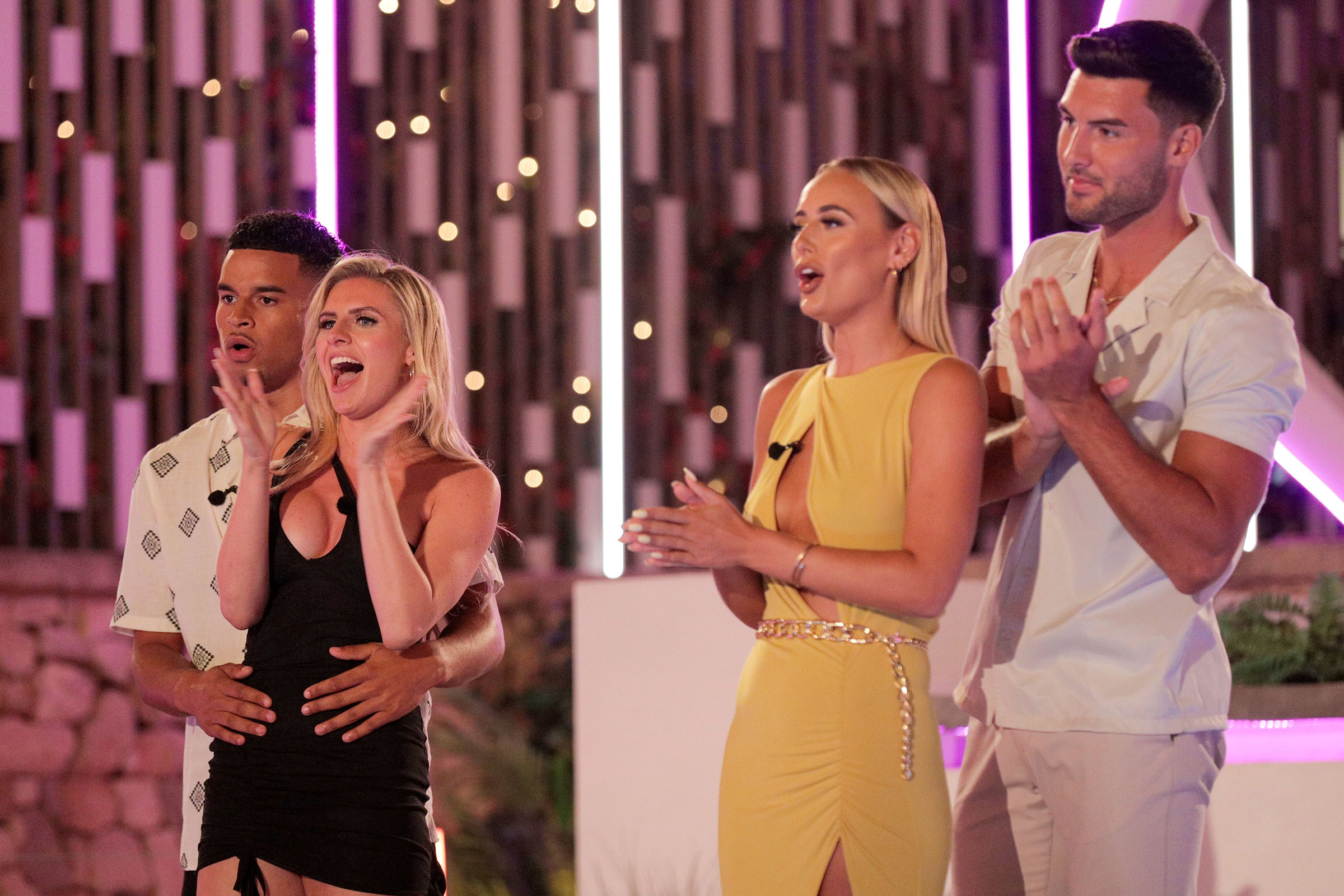The U.K.’s Love Island could be mistaken for a surveillance state, but it’s one that the British public and its own contestants have enthusiastically embraced. The premise of the show is simple, even if finding true love is complicated: conventionally attractive singles live together in a house in Mallorca in the hopes of sparking romance and winning a nominal cash prize. Cast members who choose to partner with someone are safe to continue on in the series, but if you’re left single, you leave the island, while new contestants enter the house to wreak havoc on the existing partnerships. All activities (even sleeping in the cast’s communal bedroom) are monitored in real time; the show airs hour-long episodes, six days a week throughout the year. The constant exposure has created instant celebrity for participants, but that notoriety also brings constant scrutiny, including online harassment and unwanted media coverage that have taken a toll. Two contestants and host Caroline Flack have died by suicide. Following Flack’s death in 2020—and amid broader discussions of the toll reality TV can take on participants’ lives—the show instituted new mental health protocols for season 7, including social media training and offering at least eight therapy sessions after the end of the show. —Cady Lang
If you or someone you know may be experiencing a mental-health crisis or contemplating suicide, call or text 988.
- Why Biden Dropped Out
- Ukraine’s Plan to Survive Trump
- The Rise of a New Kind of Parenting Guru
- The Chaos and Commotion of the RNC in Photos
- Why We All Have a Stake in Twisters’ Success
- 8 Eating Habits That Actually Improve Your Sleep
- Welcome to the Noah Lyles Olympics
- Get Our Paris Olympics Newsletter in Your Inbox
